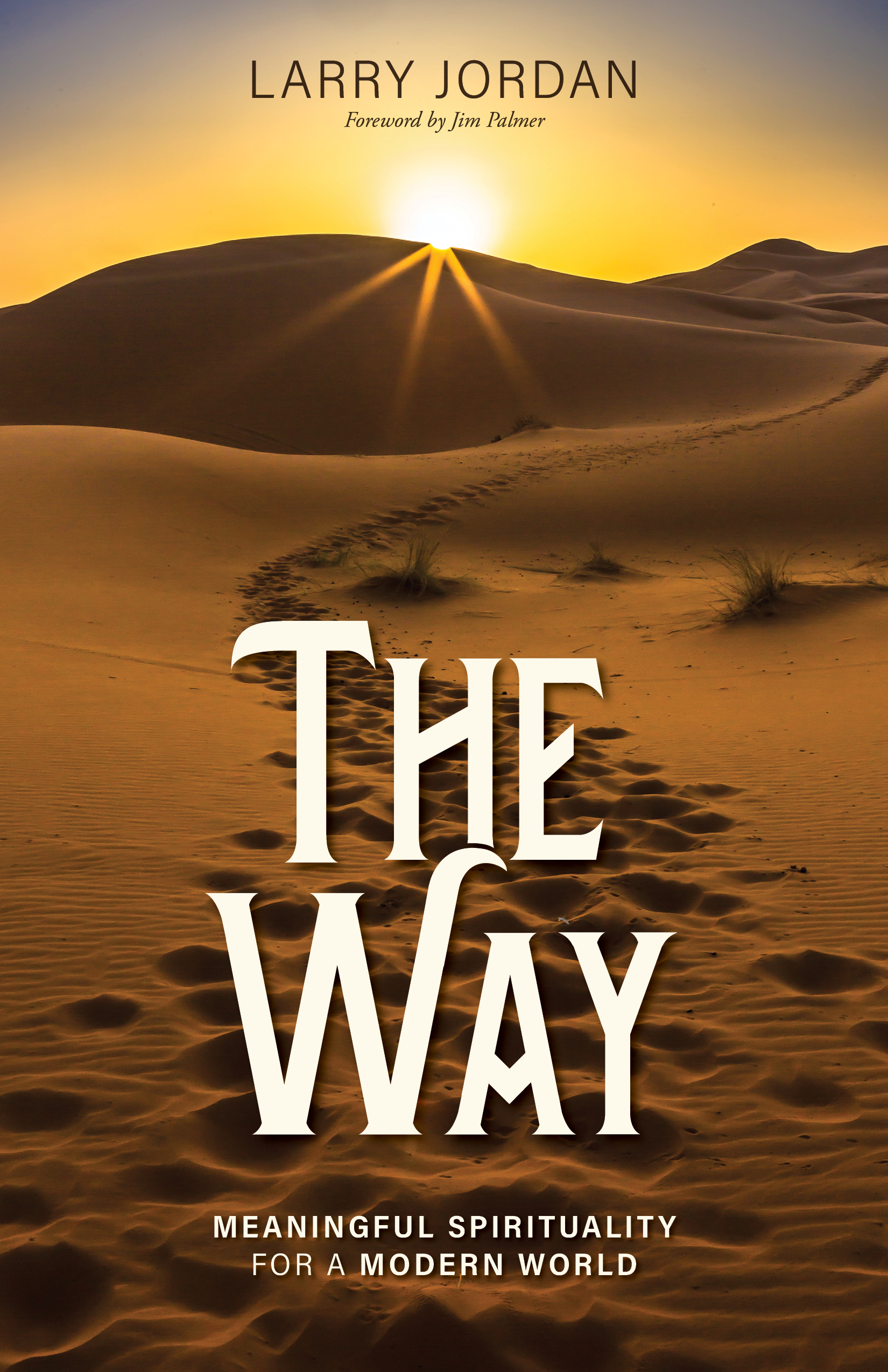Publishing Part I: "What Will You Do with Your Book?"
Some people ask where they can buy my book. Today, the book is not published or self-published, so it is not available in bookstores or libraries or online.
That is because the chances of landing a book deal essentially evaporate if agents or publishers think that you already tried (and failed) to sell a lot of books. You get one shot. In fact, some people say that if you limp out with an unsuccessful book, then you should probably wait for five years before you try again.
So, except for the few copies that I print for author talks and book clubs and friends and influencers, the book will likely not be available any time this year.
Until then, I am busy providing content on my blog, my website and my Facebook and twitter pages, testing the book with author talks and book clubs, and pitching the book to agents and publishers.
As a new author, I am making it up as I go, and I am quickly getting schooled in Facebook, GoDaddy, Google Analytics, MailChimp, PirateShip and PubSite. Also, I am learning the ins-and-outs of the publishing business, which has its own characters and lingo and practices.
If I am going to land a book deal with one of the Big Five publishers (Simon & Schuster, Penguin Random House, HarperCollins, Hachette Book Group, and Macmillan) then I need an agent. Agents work on commission, so they are looking for big books by big names with big platforms.
Most authors query at least 100 agents. Most agents respond in weeks or months, and most responses are form letters, if there is any response at all.
It works something like this -- I pitch an agent, who pitches an editor, who pitches their marketing department, who pitches the buyers at book retailers. In turn, the buyers produce sales forecasts, which are aggregated by the marketing department and forwarded to the editor, the agent, and the author.
If I am going to land a book deal with a smaller publisher, then I can approach publishers myself. Both big publishers and small publishers offer distribution. However, once a book is in a bookstore or online, the author still shoulders much of the responsibility for marketing the book.
If the book is picked up by a traditional publisher, then they will likely do their own designing, editing, and fact-checking. Sometimes, they request rewrites, and some book deals fall apart because the author is unable or unwilling to accomodate the publisher.
In traditional publishing, authors get advances and royalties. Royalties are paid after the book sales "earn out" the advances, which is not common.
If I am going to self-publish the book, then I can do that whenever I decide to stop pitching to agents and publishers. There is no shame in self-publishing, and many successful authors start that way. At any point in the process, I can decide to save the expense and time of pitching and just publish the book myself.
About one-third of all ebooks sold are self-published, and the average self-published book makes $1,000 per year and sells 250 copies. By comparison, the median income of authors with traditionally-published books is between $5,000 and $10,000 per year.
In other words, the process of selling books involves much more work and much less payoff than most people realize. That is why most people who write books just self-publish them on Amazon and make a few dollars. I expect to know within six months whether I will be publishing or self-publishing the book.
The book is a labor of love, with an important message about opening our hearts and opening our minds in these angry times of division and polarization. Ultimately, I am more interested in making a difference than in making a buck, and I just want as many people as possible to read the book.

